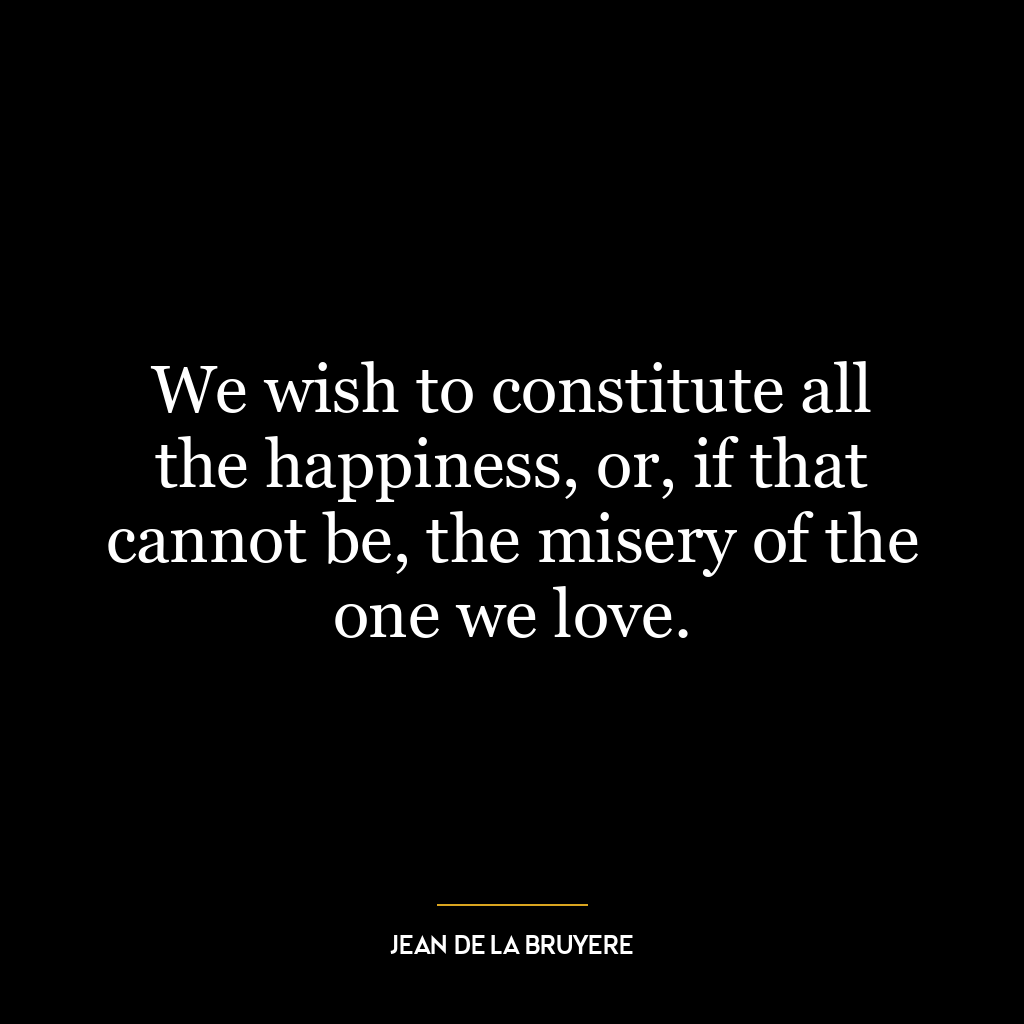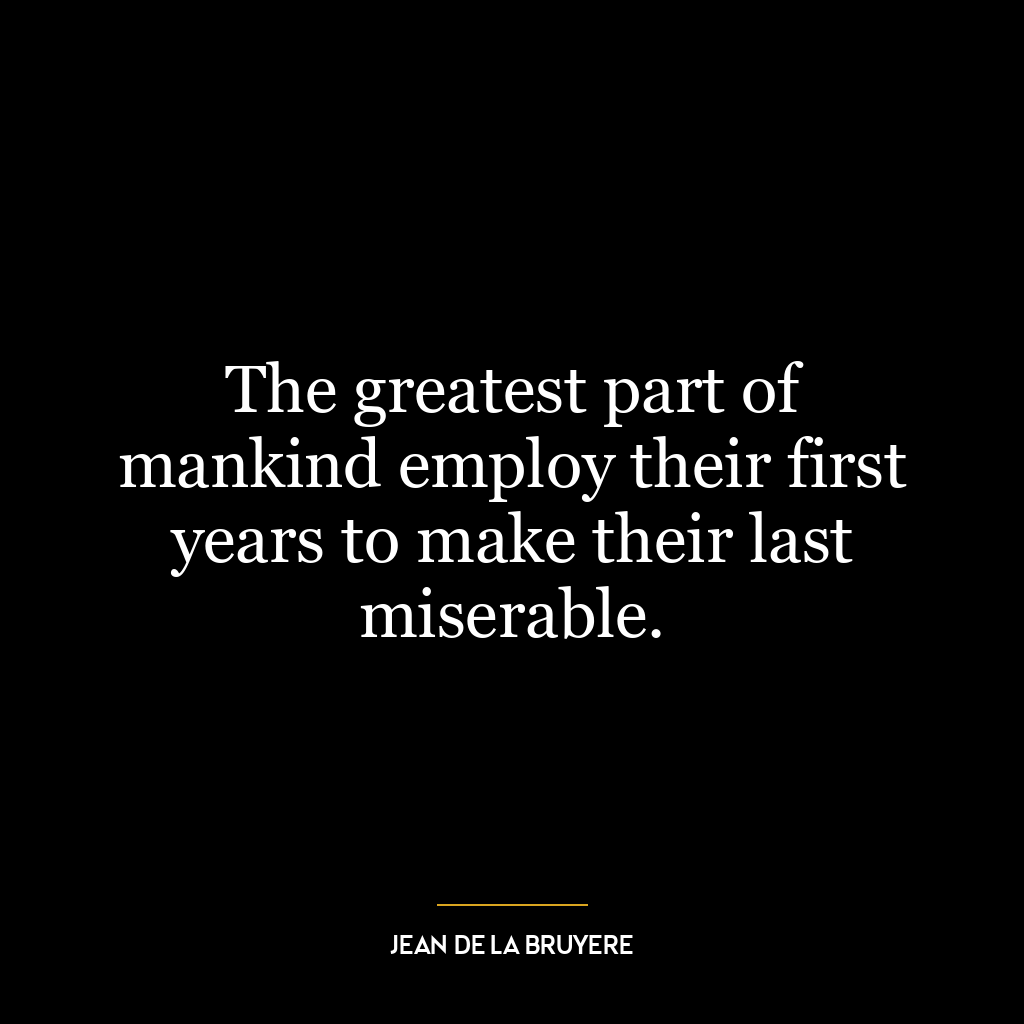This quote, "Despair puts the last touch not only to our misery but also to our weakness," suggests that despair or hopelessness is not only the culmination of our suffering but also the epitome of our weakness. It implies that when we surrender to despair, we are not only acknowledging our misery, but we are also succumbing to our weakness. Despair is portrayed as the final stroke, the ultimate confirmation of our misery and weakness.
In essence, the quote speaks to the power of our mindset and emotional resilience. It suggests that our ability to endure hardship and adversity is largely dependent on our capacity to maintain hope and resist despair. When we successfully resist despair, we demonstrate strength and resilience. Conversely, when we succumb to despair, we reveal our weakness and surrender to our misery.
In today’s world, this idea is highly relevant. We live in a time of significant challenges and uncertainties, from global pandemics to social and political unrest. These circumstances can easily lead to feelings of despair. However, this quote reminds us that succumbing to despair is not only an acknowledgment of our misery but also a testament to our weakness. It encourages us to resist despair and maintain hope, even in the face of adversity.
In terms of personal development, this quote can be seen as a call to cultivate emotional resilience and a positive mindset. It suggests that our ability to endure hardship and overcome adversity is largely dependent on our capacity to resist despair. This can be achieved through various means, such as practicing mindfulness, cultivating gratitude, and seeking professional help when needed. By doing so, we not only alleviate our misery but also strengthen our resilience, enabling us to face future challenges with greater fortitude.















